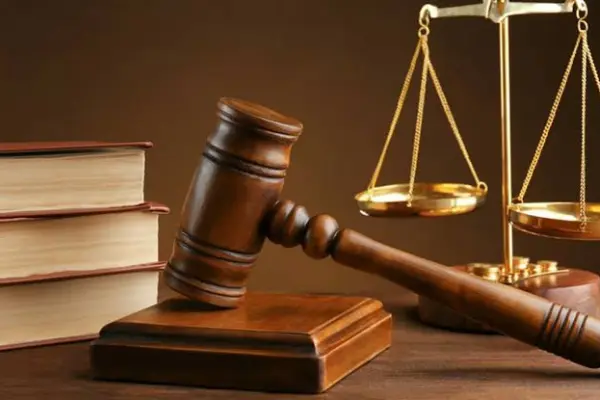On the 23rd of March, 2007, Honorable Justice Ibrahim Nyaure Buba delivered an unprecedented judgment in the history of the judiciary.
In the suit filed by the then Attorney General and Commissioner for Justice for Rivers State; suit No. FHC/PHC/CSI78/2007: Attorney-General for Rivers State v the Economic and Financial Crimes Commission & 3 Others), Justice Buba held that the Economic and Financial Crimes Commission’s investigations into a corruption case brought against the governor of the state are “invalid, unlawful, unconstitutional, null and void;” and further restrained the defendant (EFCC) through a “perpetual injunction” from probing the alleged financial crimes its investigations brought to the fore.
Many Nigerians were disappointed and considered it an abuse of judicial power, when the Judge granted a perpetual or permanent injunction before the commencement of a trial, without recourse to the merit or otherwise of the case brought by the EFCC. The argument was premised on ground of immunity, with no consideration for the need for the plaintiff, a public officer, to respond to allegations.
Despite calls by well-meaning Nigerians and civil society organizations to revisit the matter which alleged serious “fraud, conspiracy, conversion of public funds, foreign exchange malpractice, money laundering, stealing and abuse of oath of office,” the case has not been addressed.
At the Center for Fiscal Transparency and Integrity (CeFTIW), we firmly believe that the fight against corruption can be successful to the extent that the judiciary discharges its duties in accordance with legal and constitutional provisions. Judicial corruption portends one of the greatest threats to the fight against corruption, as well as democracy.
The referenced case is one of many cases judges have been found wanting of delivering controversial judgments in recent years. Despite the self-cleansing mechanisms by the judiciary, corruption in the legal profession continues to be a source of concern, with the executive clamping down on erring judges in recent times.
In the wake of recent passage of anti-corruption bills into law by President Muhammadu Buhari, including the Money Laundering (Prevention and Prohibition) Bill, 2022, the Terrorism (Prevention and Prohibition) Bill, 2022, and the Proceeds of Crime (Recovery and Management) Bill, 2022, which would further provide legal frameworks in the fight against money laundering and terrorism financing/proliferation in the country, it’s hoped that the judiciary will continue to cooperate on the implementation of these legislations.
The Center holds that the power of the judiciary and judges are not unlimited, and in exercising their powers, they must be seen to be interpreting the laws correctly, and failure to so do, should be seen as judicial misconduct, which should attract disciplinary actions.
As an organization that advocates for integrity, transparency and accountability, which are key pillars of justice, we are by this statement demanding that alleged economic and financial crimes committed by former government officials should be revisited. This is also in the interest of those alleged to have committed those crimes, since a legal process presents an opportunity to clear one’s name of corruption.

